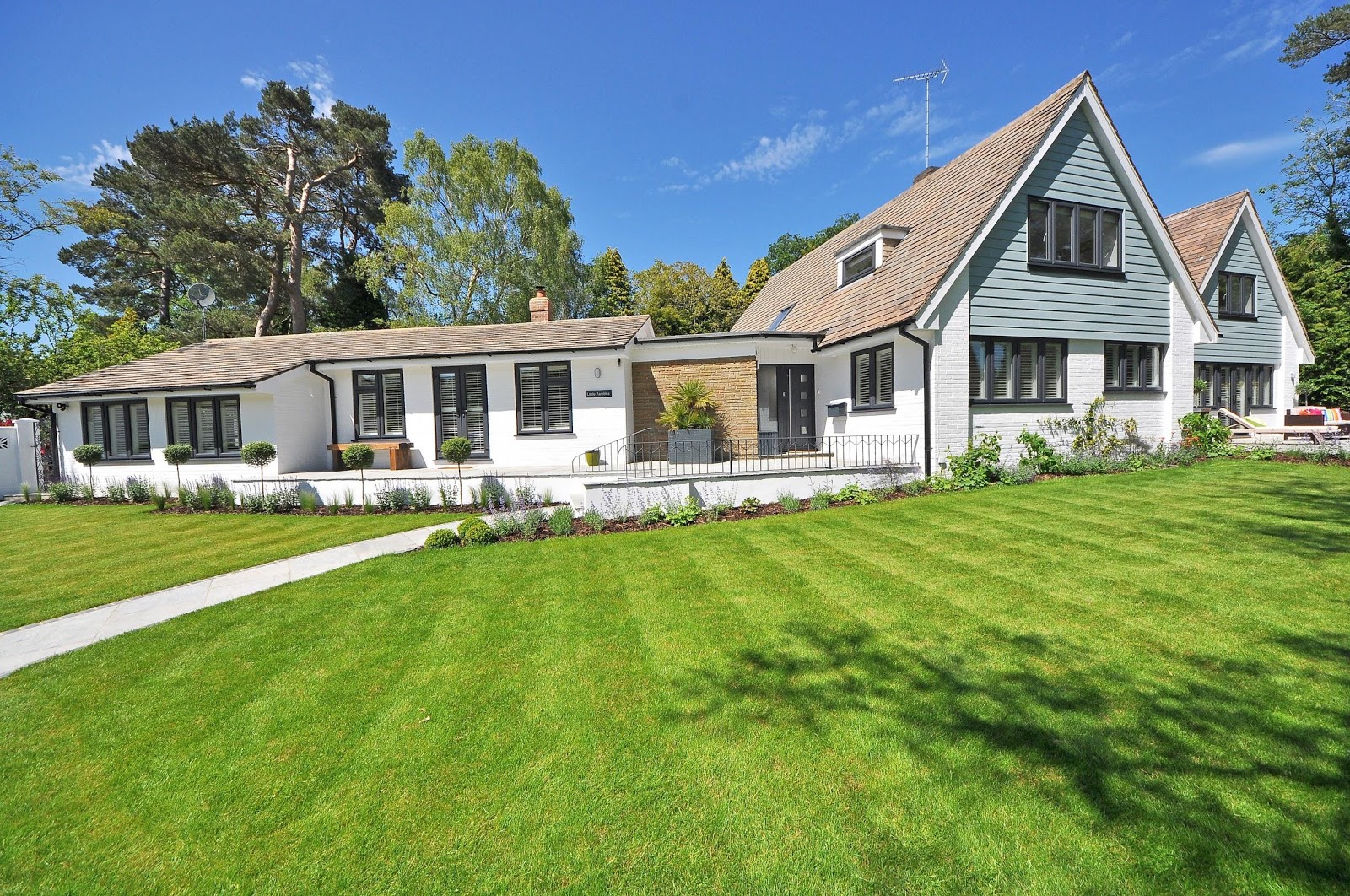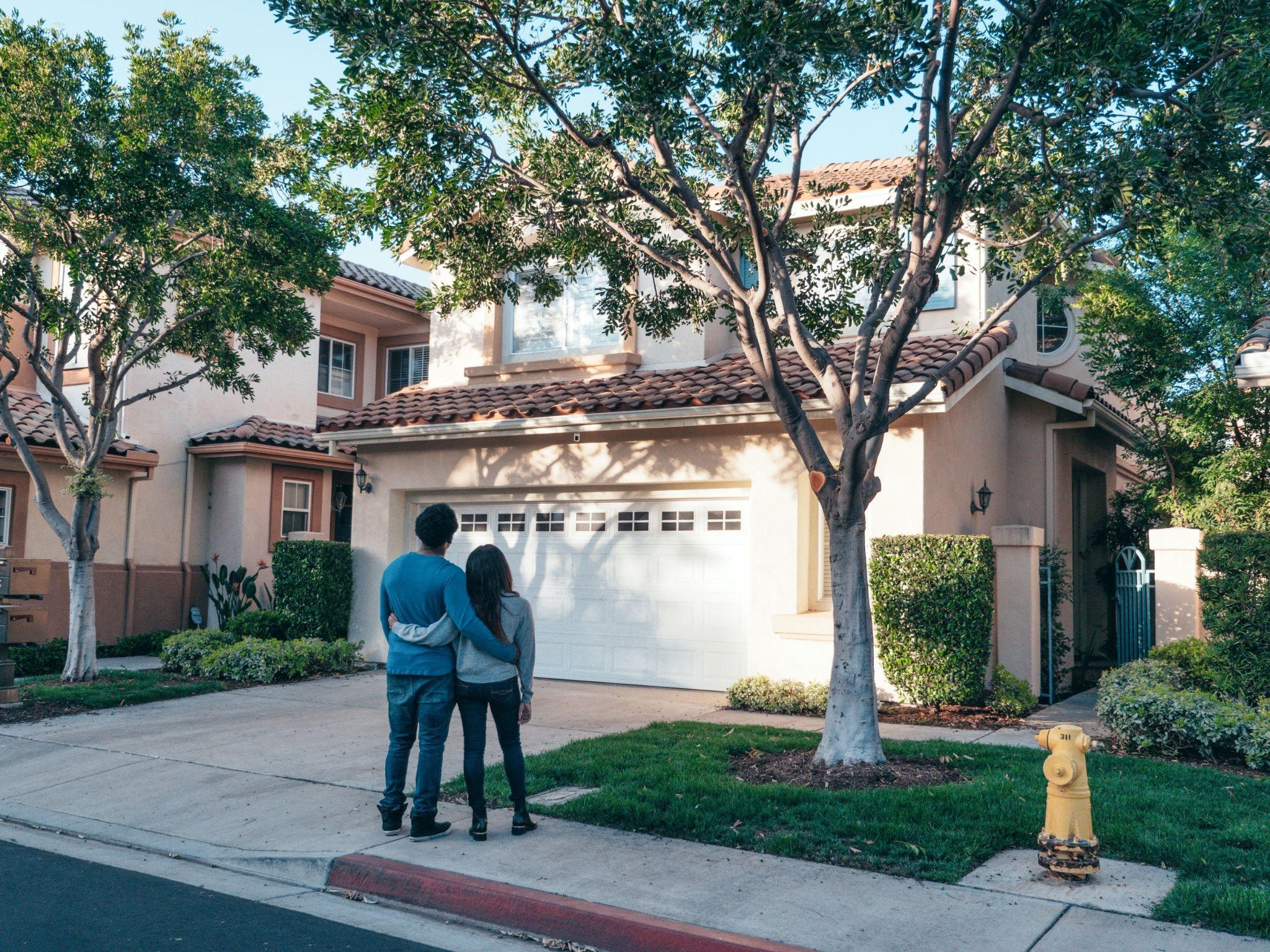Interest rates on mortgage loans can be unpredictable—they might fluctuate multiple times during your loan application process and closing. To avoid uncertainty and preserve the interest rate you want, you can ask your lender for an interest rate lock.
 You do have an option if interest rates fall after you lock your rate: you can withdraw your application and start over. This option does come with risks, however:
You do have an option if interest rates fall after you lock your rate: you can withdraw your application and start over. This option does come with risks, however:
 Pros:
Pros:
What Does it Mean to Lock in Your Mortgage Rate?
When you get a mortgage loan from a lender, they will usually ask you if you want to lock in the interest rate for a specific amount of time or if you want to “float” the rate. Locking in your mortgage rate means that the interest rates will get preserved as long as your loan gets closed before the lock expires. If you don’t lock your rates in right away, your lender might give you a time frame to request a rate lock, or you might have the chance to decide right before your home’s closing. When you’re getting a mortgage loan, it’s important to get offers from different lenders to see who can offer you the best interest rates. Once you find the rate that you want, you’ll want to lock it in as soon as possible—there’s no guarantee that the rates won’t rise in the near future. Buying or refinancing? Let’s make sure you get the best interest rates!What Happens if I Don’t Lock in My Mortgage Rate?
If you don’t lock in your rates and interest rates rise, you could end up having to make a larger down payment or pay an upfront fee during your closing. This upfront fee means that you’ll pay more initially to get a lower interest rate.How Mortgage Rate Locks Work
Mortgage rate locks can help reduce the financial uncertainty during the process of purchasing a home—it can protect you from major increases in interest rates. Rate locks usually get put into place for at least a month; this gives your lender plenty of time to process the loan. In case your loan doesn’t get processed before the lock expires, you’ll have to renegotiate or accept the new rate. If the interest rates drop while you’re locked in, you won’t be able to get the lower rate unless your loan has a “float down” option. Even with a lock in place, the interest rate on your loan can still change due to things like:- A new down payment amount
- Your home’s appraisal was different than the estimated value
- Your credit score goes down
- The lender can’t verify your income source
What if Interest Rates Fall After My Rate Lock?
 You do have an option if interest rates fall after you lock your rate: you can withdraw your application and start over. This option does come with risks, however:
You do have an option if interest rates fall after you lock your rate: you can withdraw your application and start over. This option does come with risks, however:
- You can lose out on the money spent on things like appraisals and credit checks.
- You might pay more processing feed for the new application if you go to a different lender.
- Waiting longer to close on the home you want can complicate the process if the seller needs to close by a certain date.
When Can You Lock Your Mortgage Rate?
Typically, the time to lock in your mortgage rate is when you accept a lender’s loan offer. If you are happy with the interest rate and are worried about it increasing, you’ll want to lock it in ASAP. If you feel like the rates might drop soon, you can ask your lender about waiting to provide a lock-in rate at a later date—make sure to ask them about any restrictions they have with this process.How Long Do Rate Locks Last?
Rate locks usually last from 30 to 60 days. You’ll need to consider how long it will take to close on your loan when discussing the rate lock length with your lender—if they have a backlog of applications due to low rates, you’ll want to get a rate lock for the longest possible time. Any delays in the application process could cause your rate lock to expire before the loan closes. In those cases, you might be able to get a rate lock extension, either at the lender’s cost or your own.Mortgage Rate Float Down
If your mortgage has a “float down” option, that means that you might be able to get a lower interest rate before you close, even if you locked in a higher rate. There are restrictions and potential fees for this option, however. Every lender has different policies regarding float-down options; if you are considering this, ensure that you understand what you’ll have to do if you want to take advantage of a decrease in interest rates. Related: Mortgage Modification OptionsHow Much Does it Cost to Lock Rates?
Most lenders provide rate locks free of charge, but some will charge a small fee. These fees are typically reasonable, and the rate locks can save you much more money than you’ll pay to actually lock them in. The costs might also carry based on how long you want to lock in the rates.Mortgage Rate Lock Pros and Cons
 Pros:
Pros:
- If you get a good rate on your loan, it’s yours to keep until your loan chances, or your lock expires before closing.
- You won’t have to worry about your monthly payments changing due to fluctuating interest rates.
- You can avoid last-minute frustrations before closing if you need to put down a higher amount or purchase points because of higher rates.
- You might miss out on lower rates, which could potentially save you a lot over the loan’s life.
- If your rate lock expires, it can cost you to extend it—or you could miss out on those rates altogether.









